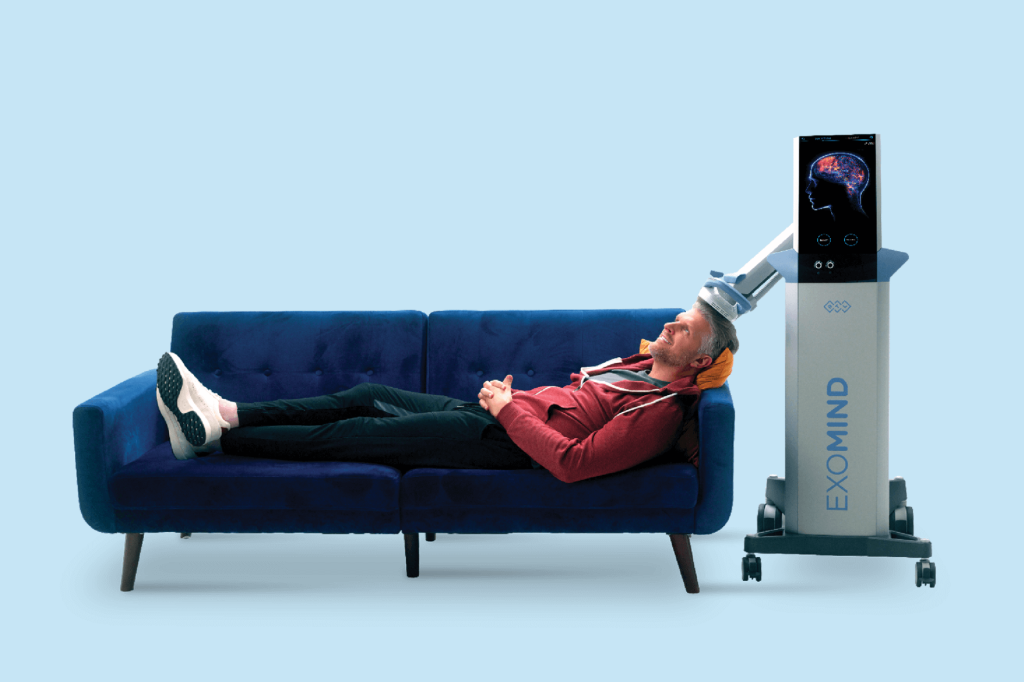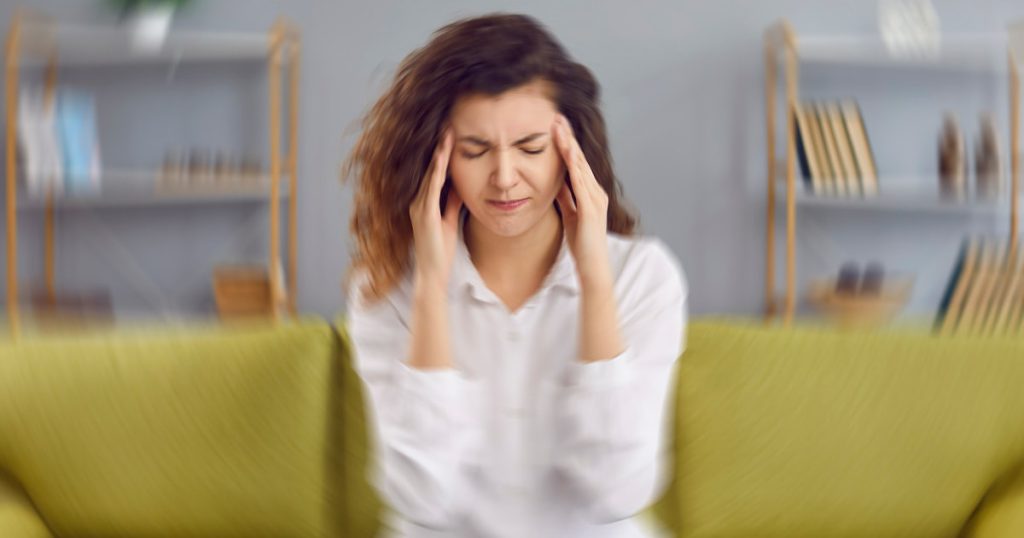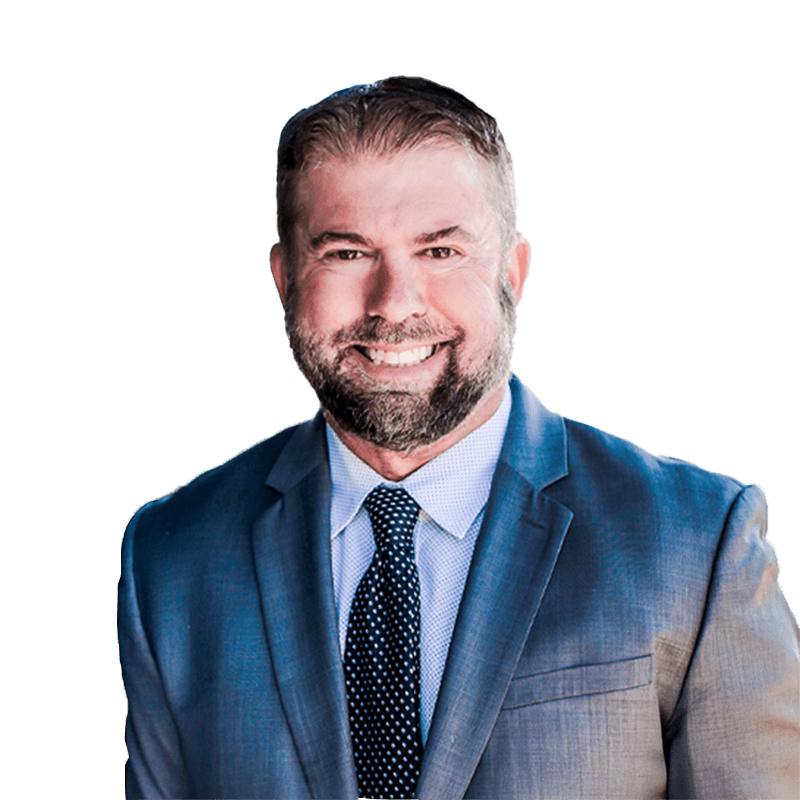ExoMind™ : A New Era of Brain Health & Recovery
Introducing ExoMind™ at NeuroHealth Services: A New Era of Brain Health & Recovery By Dr. Brad Ralston,…
Understanding the Brain’s Cognitive Landscape: The Areas of the Brain and Their Processes
On the NeuroHealth Blog, we’ve explored a range of the common symptoms we treat at Neurohealth Services,…
How Does Functional Neurology Treat Vestibular Disorders?
Many of the conditions we treat at Neuroheatlh Services involve disorders of the inner ear or the…
The Gut-Brain Connection: How the Vagus Nerve Influences Digestive Health
With winter holidays quickly approaching, many of us have food on our minds. But there’s a neurological…
Post-Concussion Syndrome Treatment of Brain Inflammation
When someone sustains a concussion, it triggers a series of events in the brain. One of these…
Balance Disorders: Myth Vs. Fact
September is Balance Awareness Month, so we’re taking some time to look at balance problems like vertigo…
Navigating Unexpected Symptoms After a Concussion: Could It Be POTS?
After experiencing a concussion, many patients expect certain symptoms like headaches, dizziness, and sensitivity to light and…
The Hidden Impact of a Car Crash: Concussion Symptoms and Effective Treatments
Concussions are frequently misunderstood, particularly when they occur as a result of a car accident or other incident…
Migraine Awareness Month: How Functional Neurology Treats Migraines and Post-Traumatic Headaches
June is Migraine Awareness Month, so it’s the perfect time to shed some light on the advanced…
Is Neurorehabilitation for you?
NeuroHealth provides neurorehabilitation for all ages, specializing in treatment for vertigo, migraines, post-concussion syndrome, and other neurological disorders. Contact our office today.






